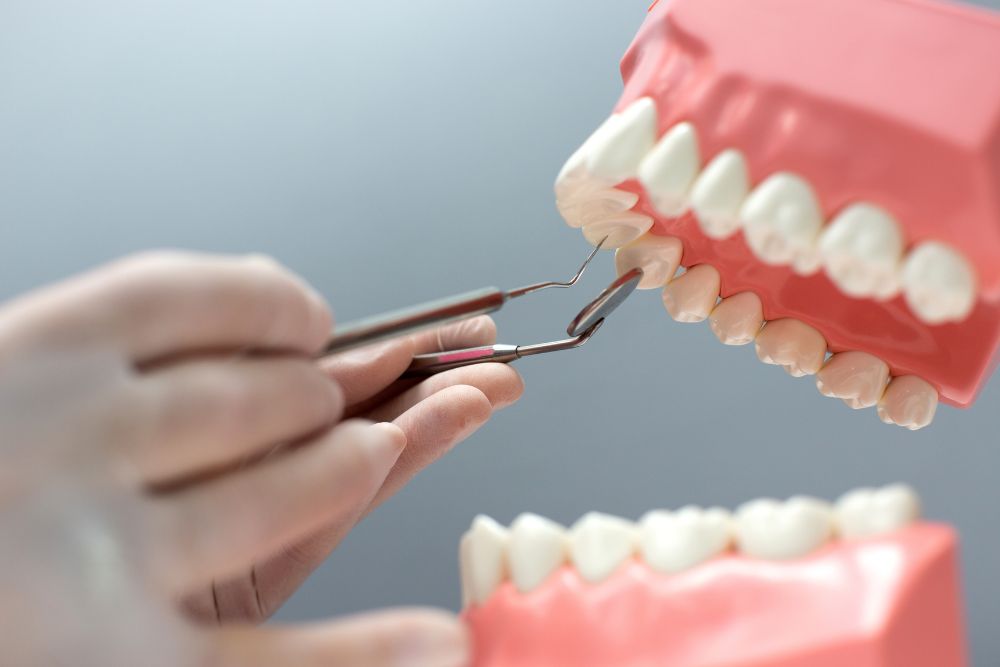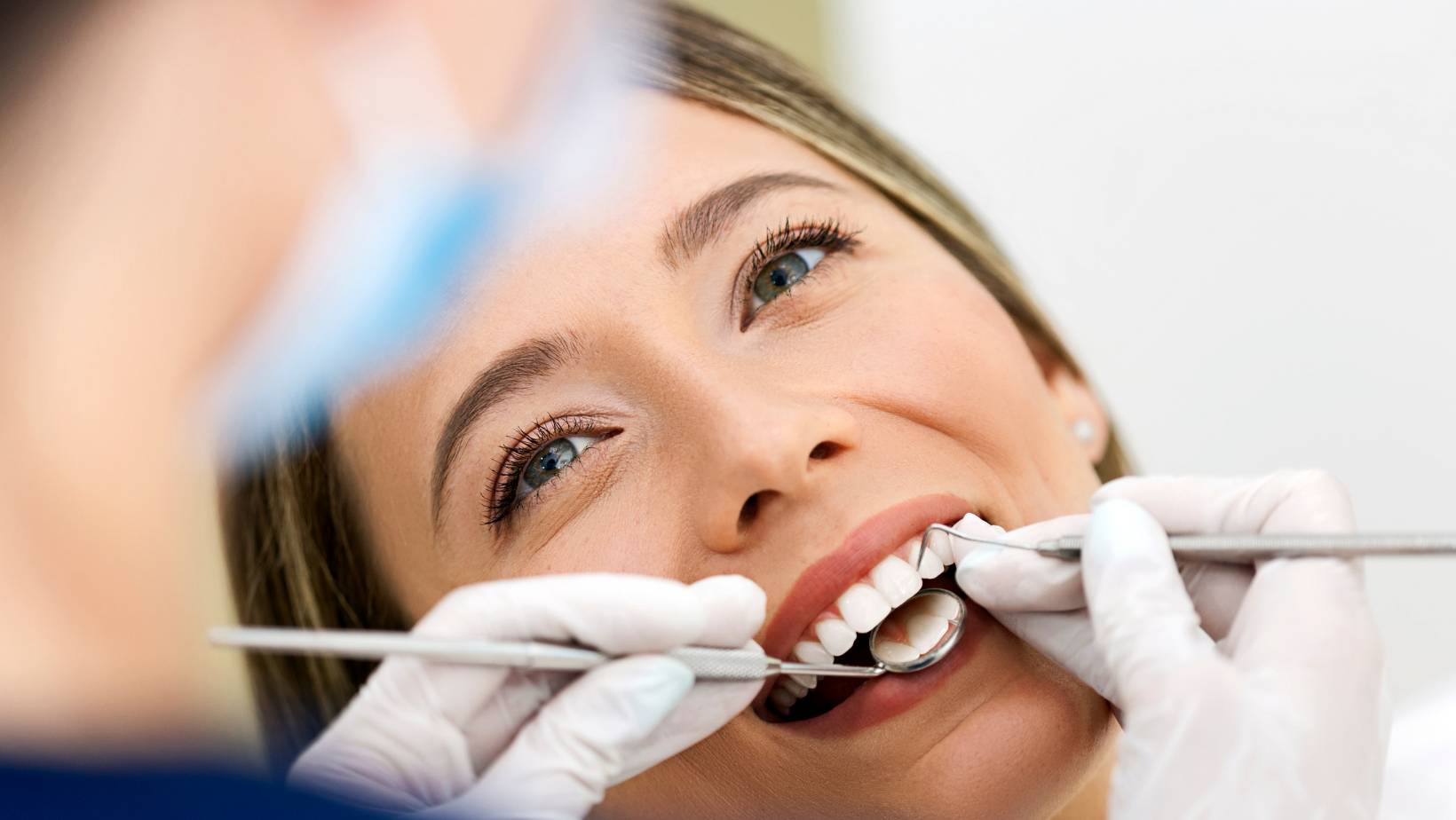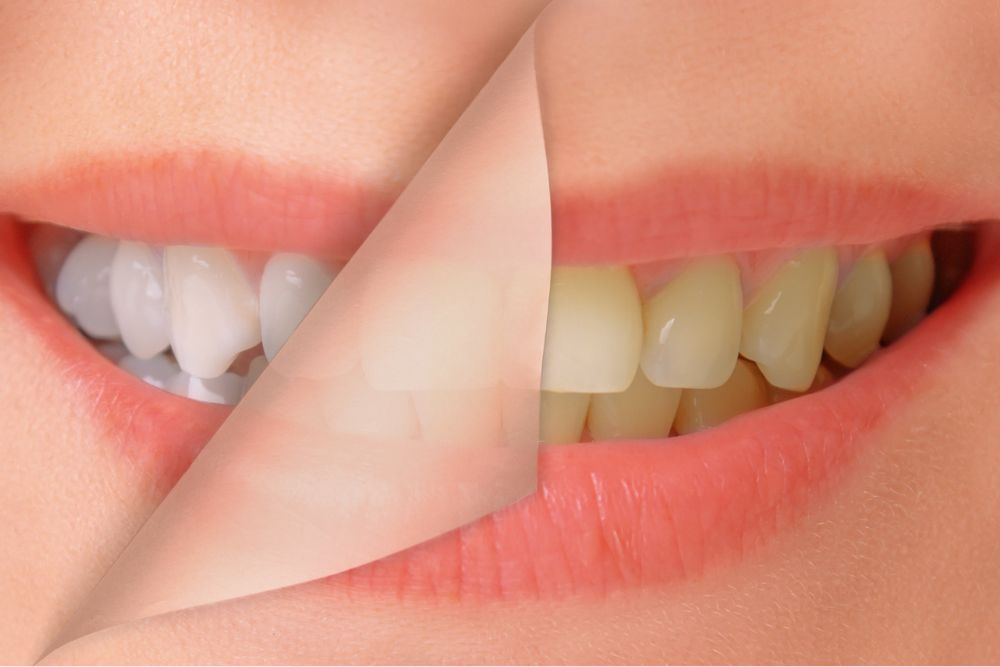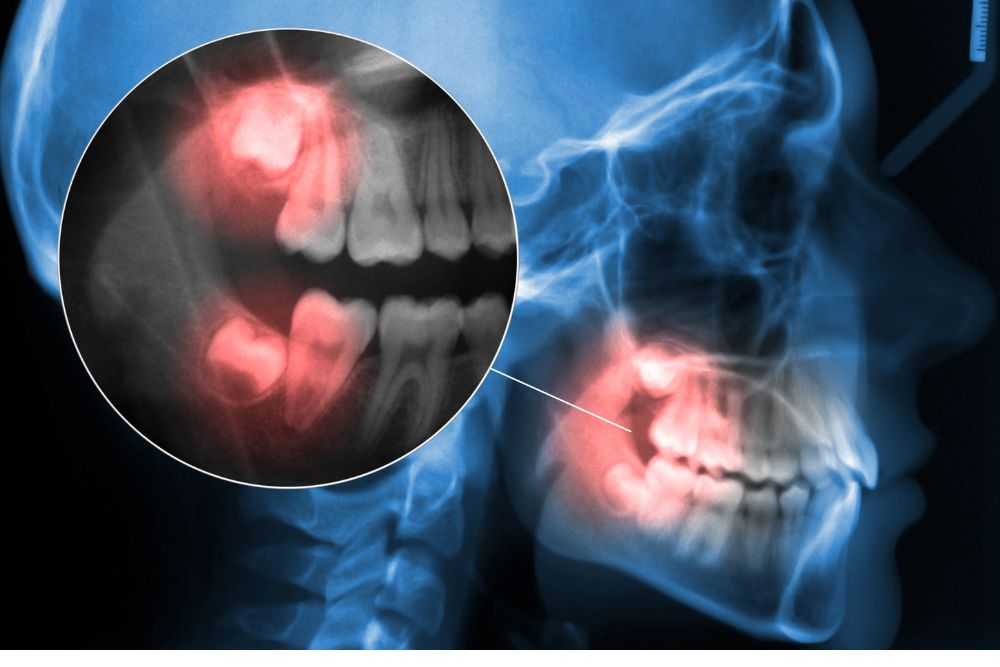Dental crowns play a crucial role in restorative dentistry, helping to protect and enhance damaged teeth while restoring their functionality. If you’re considering a dental crown, it’s important to understand what they are, why they are used, the different types available, and what to expect during the procedure.
What Is a Dental Crown?
A dental crown is a tooth-shaped cap placed over a damaged, weakened, or aesthetically unpleasing tooth. It helps to restore the tooth’s shape, size, strength, and appearance. Crowns are custom-made to fit the affected tooth and blend seamlessly with natural teeth.
Reasons for Getting a Dental Crown
There are several reasons why a dentist may recommend a crown, including:
- Protecting a weak tooth from breaking or holding together a cracked tooth.
- Restoring a broken or severely worn-down tooth.
- Covering and supporting a tooth with a large filling when there isn’t much tooth structure left.
- Holding a dental bridge in place.
- Covering a misshapen or severely discolored tooth for cosmetic reasons.
- Covering a dental implant to function as a replacement tooth.

Types of Dental Crowns
There are various types of dental crowns, each with its advantages and best use cases:
- Porcelain or Ceramic Crowns – These crowns offer a natural appearance, making them ideal for front teeth restorations. They are also a great option for individuals with metal allergies.
- Metal Crowns (Gold, Platinum, or Base Metal Alloys) – These are highly durable and withstand heavy biting forces, making them ideal for molars.
- Porcelain-Fused-to-Metal (PFM) Crowns – These combine strength and aesthetics, as they have a metal core for durability and a porcelain exterior for a natural look.
- Resin Crowns – These are cost-effective and can be used as a temporary solution but are less durable than other options.
- Zirconia Crowns – Known for their strength and natural appearance, zirconia crowns are gaining popularity due to their long-lasting nature.
The Dental Crown Procedure
The process of getting a dental crown typically involves two visits to the dentist:
- First Visit: Examination and Preparation – The dentist examines and prepares the tooth by reshaping it to accommodate the crown. An impression of the tooth is then taken to create a custom crown. A temporary crown is placed to protect the tooth until the permanent crown is ready.
- Second Visit: Crown Placement – The temporary crown is removed, and the permanent crown is fitted, adjusted, and cemented into place.

Caring for Your Dental Crown
To ensure the longevity of your crown, follow these care tips:
- Maintain good oral hygiene by brushing and flossing daily.
- Avoid chewing hard foods, ice, or non-food items that may damage the crown.
- Visit your dentist regularly for check-ups and professional cleanings.
- If you experience any discomfort or loosening, consult your dentist promptly.
Dental crowns are a valuable solution for restoring damaged or weakened teeth, improving both function and appearance. With various types available, your dentist can help you choose the best option for your needs. By following proper care and maintenance, your crown can last for many years, giving you a healthy and confident smile.







